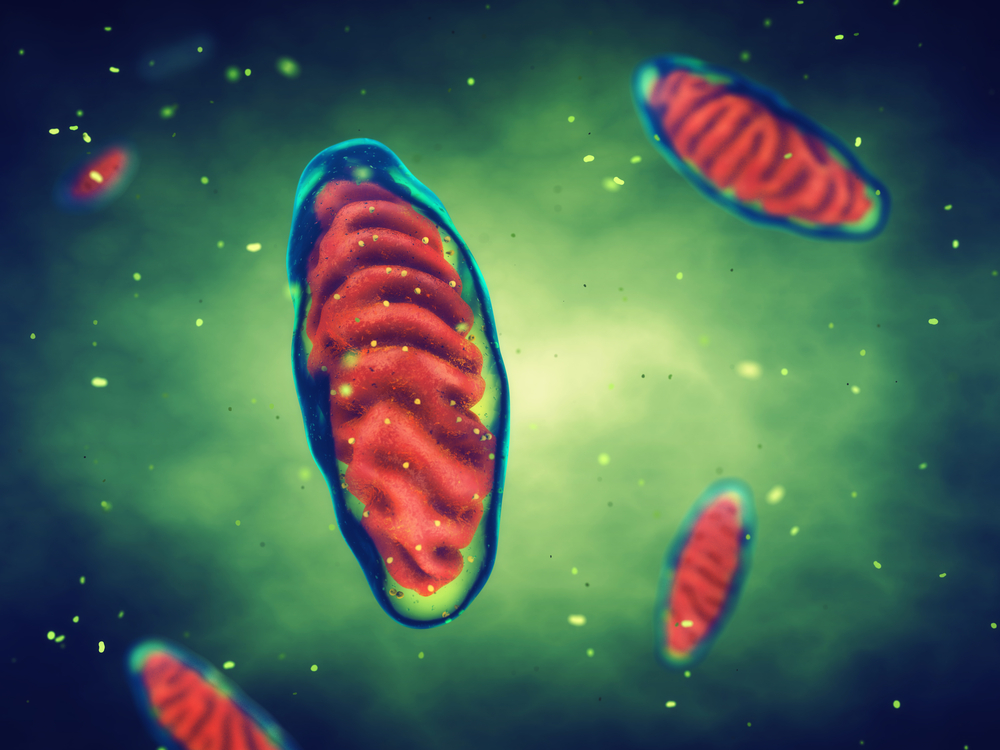Esbriet Stops Lung Fibrosis By Improving Functioning of Mitochondria, Study Shows
Written by |

Esbriet (pirfenidone) stops the lung scarring in idiopathic pulmonary fibrosis (IPF) by improving the functioning of mitochondria, cell components that convert food to energy and regulate cell death, according to a study.
The therapy centers on mitophagy, the process by which the body purges defective mitochondria. Mitophagy is a mitochondria quality control mechanism, and its impairment is associated with a number of diseases. Recent studies indicate pulmonary fibrosis is one.
Faulty mitophagy promotes myofibroblast differentiation, an impairment that contributes to IPF. A myofibroblast is a cell between a fibroblast — a connective tissue that plays a crucial role in wound healing — and a muscle cell. Myofibroblast impairment inhibits the healing of lung scarring, or fibrosis.
The study, “Pirfenidone inhibits myofibroblast differentiation and lung fibrosis development during insufficient mitophagy,” was published in the journal Respiratory Research.
Esbriet is an approved anti-fibrotic drug that Genentech developed to treat IPF. It significantly halts the decline in a lung function measure known as forced vital capacity. And studies in mouse models of IPF have shown it to have anti-inflammatory and anti-fibrotic properties.
The mechanism that Esbriet uses to slow the progression of lung fibrosis progression was unknown until recently.
Researchers discovered that it promotes mitophagy in fibroblasts isolated from IPF lung tissue in a lab. They also learned that Esbriet-triggered mitophagy can inhibit myofibroblast differentiation.
To shed more light on Esbriet’s anti-fibrotic mechanisms, researchers analyzed its anti-oxidative properties. They had previously shown that when mitophagy was impaired, mitochondria produce more reactive oxygen species, molecules that can damage organs and tissue. The increase in reactive oxygen species contributed to myofibroblast differentiation, and thus fibrosis.
Researchers also discovered that when mitophagy was impaired, Esbriet suppressed mitochondria’s production of reactive oxygen species in lung fibroblasts. This stopped the fibrotic process.
The results were further confirmed in mice. Esbriet slowed the development of fibrosis in the lungs of bleomycin-treated mice, an established model for IPF.
Overall, the study helped clarify Esbriet’s mechanism of action. It showed that the drug “inhibits lung fibrosis development in the setting of insufficient mitophagy, which may at least partly explain the anti-fibrotic mechanisms of PFD [pirfenidone] for IPF treatment,” the team concluded.






